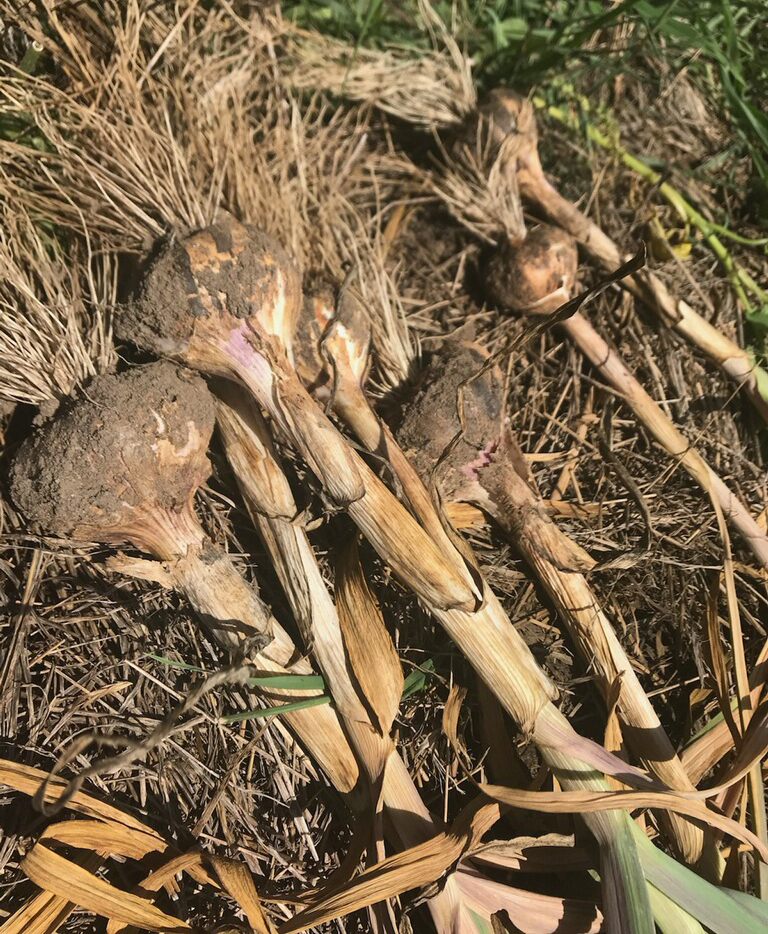Flint, Michigan, area urban agriculture update – July 11, 2018
Hot, dry weather has increased irrigation needs in urban and semi-rural small scale diversified vegetable farm fields, hoophouses and market gardens.

Weather
According to the Michigan State University Flint Enviro-weather station, temperatures for the past week ranged from a low of 48.6 degrees Fahrenheit to a high of 90 F with the heat continuing. We are now at 1,381 growing degree-days (GDD) base 50; the past two weeks have brought mostly hot day and warm night temperatures, which can affect a crop’s fruit set negatively. Our season is running one to two weeks ahead when compared to the five-year averages.
The Flint, Michigan, area has only received 0.5 inch of rain over the past two weeks, placing a high demand on irrigation systems to make up for this lack of adequate rainfall. We are now a few inches behind when compared with the seasonal rainfall averages.
Crop reports
According to research done in the MSU hoophouses located at the Student Organic Farm and educator observations from the field, tomatoes and cucumbers are coming on in area hoophouses and fields. Many insect pests are active this week; growers are reporting squash vine borer, cucumber beetles, squash bugs and tomato hornworms as well as potato beetles on their potato crops and other crops in the tomato family.
Damaging flea beetles and cabbage loopers continue on cabbage family plants, as well as flea beetles on potatoes. For those who avoid using standard pesticides to control pests, there is a lot of hand squishing going on. Growers are planting beets, Swiss chard, parsley and carrots for fall harvest.
Going to area farmers markets and into CSA shares
Area growers are harvesting carrots, garlic, kale, collards, zucchini, cucumbers, peas, summer squash and the first of the cherry tomatoes out of area hoophouses and farm fields.

Garlic harvest. Photo by Simple Gifts Farm.
MSU Extension’s Community Food Systems Work Team supports the development of local food systems in Michigan. The Michigan Fresh program has tips on growing, handling and preserving, as well as healthful recipes to take advantage of the delicious Michigan-grown bounty from your local farmer’s market. For more information, connect with your local community food systems educator by visiting the MSU Extension website or calling 1-888-678-3464.



 Print
Print Email
Email

